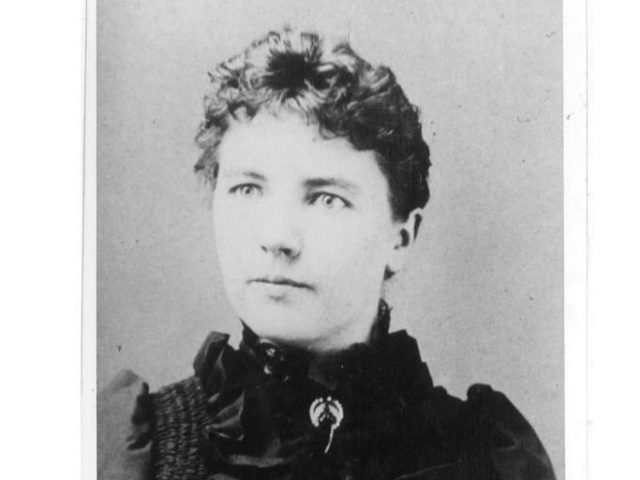The Association for Library Service to Children (ALSC) is renaming its Laura Ingalls Wilder Award as the Children’s Literature Legacy Award because the beloved children’s author clashes with the group’s progressive values.
“Wilder’s legacy, as represented by her body of work, includes expressions of stereotypical attitudes inconsistent with ALSC’s core values of inclusiveness, integrity and respect, and responsiveness,” the association announced in a press release in late June.
Clarifying further, the ALSC said that it was Wilder’s “dated cultural attitudes” and lack of appreciation for diversity that make her an unacceptable role model after which to name an award.
“Wilder’s books are a product of her life experiences and perspective as a settler in America’s 1800s,” the statement said. “Her works reflect dated cultural attitudes toward Indigenous people and people of color that contradict modern acceptance, celebration, and understanding of diverse communities.”
As Alice B. Lloyd has written in the Weekly Standard, Wilder’s biggest crime was being too good at portraying the world in which she lived. “The reality of the world the Little House books depicted in such clear and vivid prose was too cruel for the political tastes of today’s librarians,” she said.
Yet based on these anachronistic criteria, any author writing prior to the 1960s would be ineligible to be looked to as a literary exemplar. Or as Michael Taube noted in the Wall Street Journal Thursday, “If we judge past luminaries by today’s standards, who’s next to go?”
Wilder, in fact, is just the latest literary casualty to fall prey to the PC thought police and joins the ranks of American greats such as Mark Twain and Harper Lee, who have had their books banned from student libraries for their “dated cultural attitudes” and “offensive” ideas.
Born in the Big Woods region of Wisconsin in 1867, Wilder did not start writing books until later in life and published her first of the Little House series—Little House in the Big Woods—in 1932, at the age of 65.
Wilder’s “endearing stories were based on the importance of faith, family and farming” and included “moments of great triumph, as well as periods of hardship, tragedy and illness where she and her family relied on their wits and skills to survive,” Taube noted.
The American Library Association—the world’s oldest assembly of library professionals—created the Wilder Award especially to honor her in 1954, just three years before her death. Now that very association has judged her to be inappropriate for our modern sensibilities.
Perhaps an appropriate modern sequel for Wilder’s books might be Little Minds in a Big World.
Follow Thomas D. Williams on Twitter Follow @tdwilliamsrome

COMMENTS
Please let us know if you're having issues with commenting.